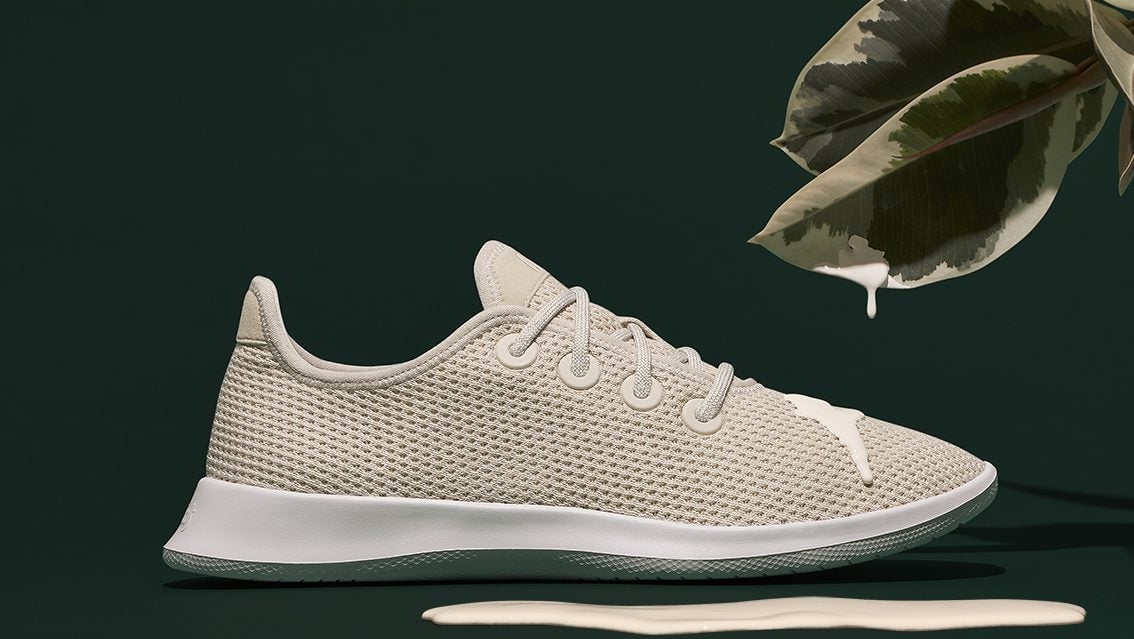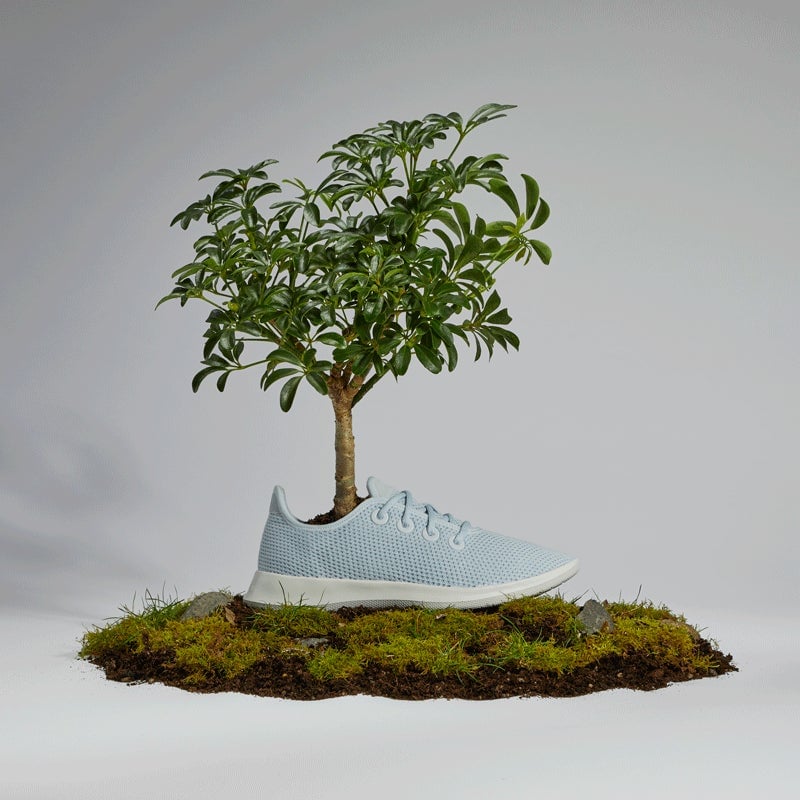Allbirds, maker of Silicon Valley’s “it” sneakers, is now making shoes from trees
If we’re going to be taking office fashion cues from Silicon Valley anyway, we ought to be grateful for the two-year-old shoemaker and eco-fashion phenomenon Allbirds.


If we’re going to be taking office fashion cues from Silicon Valley anyway, we ought to be grateful for the two-year-old shoemaker and eco-fashion phenomenon Allbirds.
The direct-to-consumer company launched two years ago and immediately made its mark with a sustainable product that was also affordable ($95), and deemed to live up to its “most comfortable shoe in the world” tagline: a wool sneaker.
Soon, they were the shoe you wore to fit in at startups, venture capital companies, and legacy tech firms anywhere. And since we pretty much all work for tech firms now, it was if the company hit its tipping point upon opening shop. In two years, Allbirds says, it has sold 1 million pairs of wool shoes.
Now, the company is launching new models made from eucalyptus tree fibers, once again claiming a material that no one else is using in the niche field of sustainable footwear fashion—or at least not yet. (Following Allbirds’ success, Nike, Ermenegildo Zegna, and others introduced wool in new sneakers.)

Like the wool originals, Allbirds’ “Trees” runners are understated enough to lift a casual work uniform up a notch. They are, however, mesh and thus hot-weather appropriate. Socks, the company claims, are optional—the tree-sourced fabric wicks away moisture. (There’s also a boat shoe-like “skipper,” presumably for weekends.)
When eucalyptus trees are harvested, they are cut, rather than ripped out of the ground, and they grow again quickly. In this case, the wood is pulped and spun into fabric.
It turns out Allbirds’ founders, Tim Brown, a former football player from New Zealand, and Joey Zwillinger, a biotech engineer from San Francisco, have been building prototypes with eucalyptus fiber from the start. It just took them a while to find the right silohuette. “We looked at many different materials, but when we came across eucalyptus we immediately knew we’d found what we were looking for,” Zwillinger told Fast Company.
“Eucalyptus trees require very little water and grow like a weed all over Australia and New Zealand,” he added. “They’re basically carbon-eating machines.”